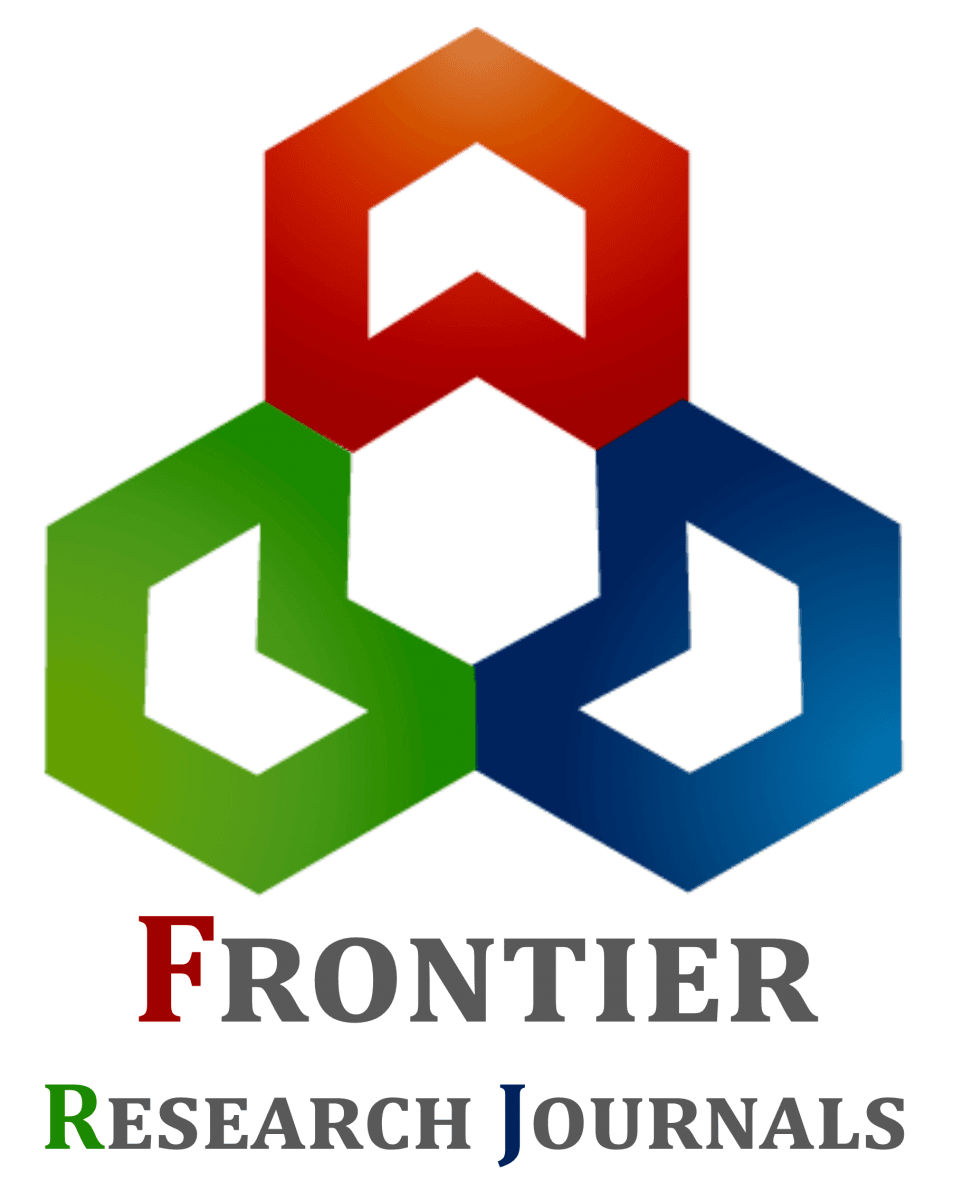Typology of Pekarangan for food self-sufficiency in Papua, Indonesia: A review
Biology education study program, Department of Mathematics and Natural Sciences Education, Faculty of Teacher Training and Education, Cenderawasih University, Abepura 99351, Jayapura, Papua Province, Indonesia.
Research Article
International Journal of Frontiers in Biology and Pharmacy Research, 2022, 02(01), 001–007.
Article DOI: 10.53294/ijfbpr.2022.2.1.0049
Publication history:
Received on 06 November 2021; revised on 26 December 2021; accepted on 28 December 2021
Abstract:
Pekarangan management in Papua has a different characteristic where the land use of the Pekarangan for the family in Papua is strongly influenced by cultural characteristics and associated with natural resources. The Papuan people are geographically scattered in islands, the coastal of lowland to the hills area and the mountains. The aim of this study was to study the type and characteristics of the pekarangan in Papua in relation to culture-based socio-economic status in the ecological zone of Papua. Pekarangan area had potential in the supply of family food, reducing household expenditures and increasing the income of farm households. Utilization of pekarangan area in Papua was very rich and varied in type, function and usability in a very strong influencing cultural perspective. Management of pekarangan area for food self-sufficiency should be encouraged based on local knowledge of the local community to meet the family welfare.
Keywords:
Food Self-Sufficiency; Typology of pekarangan
Full text article in PDF:
Copyright information:
Copyright © 2021 Author(s) retain the copyright of this article. This article is published under the terms of the Creative Commons Attribution Liscense 4.0
